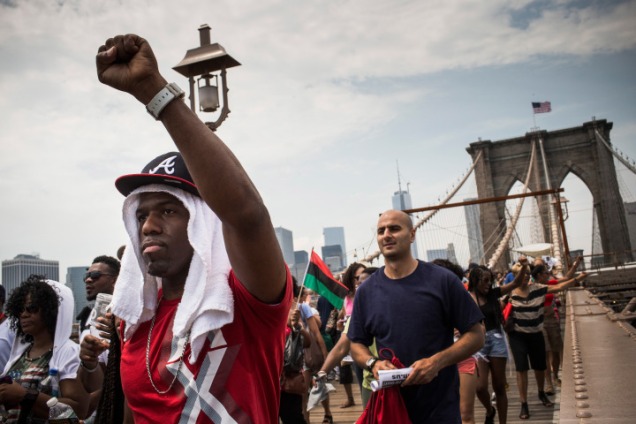A fraternity and sorority at the University of Connecticut reminded us on Wednesday that hazing rituals are alive and well.
UConn suspended the two organizations, Sigma Alpha Epsilon and Kappa Kappa Gamma, after a sorority member reported having to “sizzle like bacon” and consume dangerous amounts of alcohol at Sigma Alpha Epsilon’s off-campus house. The national offices for both houses released statements explaining that they do not condone this behavior from members—even though this branch of Sigma Alpha Epsilon has been placed on probation multiple times for similar antics.
It’s nothing new, unfortunately—stories about hazing have been reported for at least a century. Rituals like body shaming, strength tests, overconsumption of alcohol or other substances, verbal harassment, and beatings still make headlines. Measuring one’s worth for an organization by how much worth they can remove from themselves can lead pledges into short-term injuries and long-lasting psychological distress.
Aside from horrific hazing rituals, the desire to join a fraternity or sorority makes sense. New students on campus want to feel like they belong—and would be willing to do almost anything to have a tight group of friends right away. Not everyone in the Greek system enforces hazing with pledges, most of whom are likely just looking for a social outlet.
But imposing harmful conditions for membership into the group poses problems. Outrageous behavior that physically or mentally damages people does not reflect well on students primed to enter the adult world… and nobody would dare pull these stunts in a professional setting after college.
So why is it still a problem?
There are a few theories: schools can’t regulate their Greek systems consistently, bystander behavior (or a need for acceptance, or downright fear) prevents pledges from speaking up, competition between fraternities and sororities raises the stakes for hazing, family histories of passing through the Greek system pressure younger generations to tolerate it, or misinformed students view it as a rite of passage and perpetuate the rituals. Take your pick.
Thankfully, some fraternities and sororities (Sigma Alpha Epsilon included) have opted to completely eliminate pledging from their initiation processes—though as far as fraternities are concerned, only 75 nationwide have made similar bans. Organizations such as Hazing Prevention have provided additional programs to spread awareness such as webinars and National Hazing Prevention Week.
It’s a step in the right direction, at least—hopefully one that will prevent further harm to students that only seek acceptance.
What’s your experience with hazing, and how should fraternities, sororities, and colleges approach it? Leave us a comment!
-Amanda
Amanda Suazo, editor, joined BSB in 2010 as the writing guru for the organization’s website, official documents, and documentary before focusing a bit on philanthropy. Now a graduate of Gonzaga University, she is currently an MBA student and freelance writer. Between Zumba classes and downing espresso, you might catch her attempting to be a vegetarian. Find her on Twitter.


